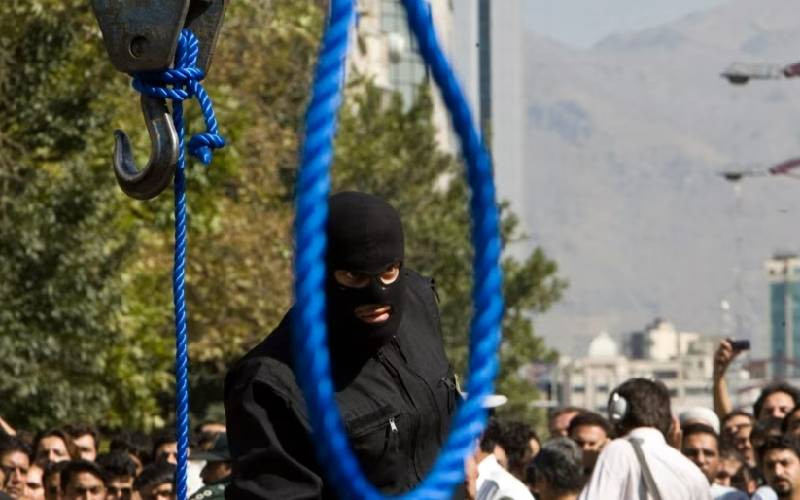×
The Standard e-Paper
Join Thousands Daily

The U.S. State Department has called on Iran not to carry out the possibly imminent execution of three men that Tehran arrested during anti-government protests that spread throughout the country last year following the death of a young Iranian Kurdish woman who morality police detained for improperly wearing a hijab.
The State Department told reporters that the execution of Majid Kazemi, Saleh Mirhashemi and Saeed Yaghoubi would be an affront to human rights.